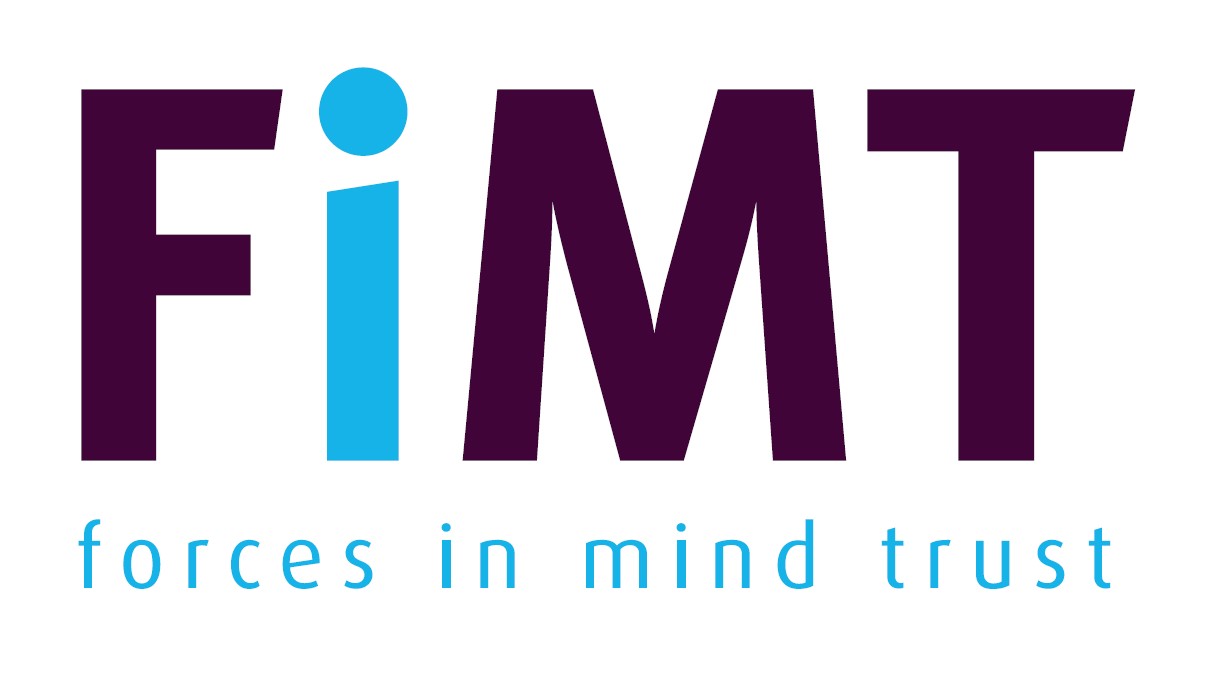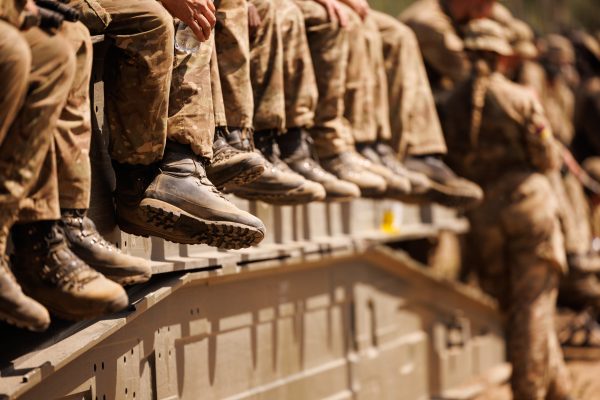A new comprehensive report commissioned by Forces in Mind Trust examined the partnerships that can drive effective delivery of the Armed Forces Covenant.
The Armed Forces Covenant is a promise by the nation to the Armed Forces community that no currently serving personnel, former Service personnel, or family member should be disadvantaged as a result of their service. It aims to mitigate disadvantage that may arise from military life in areas such as education, employment and healthcare.
The Our Community, Our Covenant and Beyond report from RAND Europe, Shared Intelligence, and Meri Mayhew Consulting found that those local authorities who were surveyed thought that progress had been made in the past five years towards mitigating disadvantage for the Armed Forces community. The Introduction of a legal duty to have due regard to the Covenant’s principles in 2022, as well as increasing awareness of the Armed Forces community and the Covenant among local authorities, were identified as key drivers of this progress.
However, the report also highlighted challenges that can act as barriers to progress. These include limited awareness of the Armed Forces community among some frontline service providers, misconceptions about the Covenant within the Armed Forces community, difficulty in identifying members of the Armed Forces community when accessing public services, and a fragmented support landscape.
Good practice in Covenant delivery varies across regions and the report identified several mechanisms that have the potential to be scaled to other local areas. Nonetheless, it recognised that support must always be tailored to local circumstances and will vary depending on what fits best at the local level.
The report also identified that Covenant delivery is a multi-stakeholder effort and cannot be achieved by any one group or local authority working alone – it requires national, local, and third sector organisations to work together to reduce disadvantage.
The project also updated the Armed Forces Covenant Toolkit, which is a freely available guideline for effective delivery of the Covenant and aims to help local authorities in their direct support and partnership coordination roles.
Linda Slapakova, Research Leader, RAND Europe
“This report documents progress during a time of significant change in provision of the Armed Forces Covenant. Whilst authorities adapt to the Covenant Legal Duty (introduced in 2022) and a reorganisation of England’s local government structures, the provision of the Covenant continues to improve. There is still progress to be made to improve the consistency of support across geographical areas and areas of need, but the research shows that local authorities working with their partners are making progress against a tricky backdrop.
“The research examined the role of partner organisations such as charities, healthcare services, and local military bases in delivering the Covenant alongside local authorities. These collaborations include partners providing specialist assistance that builds upon Covenant-related support, assisting with training front-line staff, and providing oversight to help local authorities support the Armed Forces Community to the standards of the Covenant. Partners overall enhance the provision of the Covenant but provided varying amounts of support across different local authorities.”
Lisa McCance, Director, Shared Intelligence
“Of particular interest to this research was how organisations beyond local authorities are involved in upholding the Armed Forces Covenant. Local partnerships are an enabler of better provision for the Armed Forces community and help to provide direct support as well as valuable expertise and knowledge sharing that help to support individuals. While local authorities are critical enablers of partnership action, effective support requires input and commitment from a wide range of local organisations. Understanding the role that partnerships can play and the resources that are available to support provision under the Covenant can unlock action that more consistently meets local needs.”
Michelle Alston, Chief Executive, Forces in Mind Trust
“Since the introduction of the Armed Forces Covenant in 2011, local authorities across the UK have played a critical role in upholding the nation’s promise to ensure that members of the Armed Forces Community are not disadvantaged by service. However, local authorities are not solely responsible for the delivery of the Covenant; it is the shared responsibility of national, regional and local government, and one which must be bolstered by the work of charities, businesses and community partnerships. It is that ecosystem of support that Our Community, Our Covenant and Beyond examines and provides recommendations on how we can achieve the promises set out under the Covenant, whilst remaining grounded by the realities of delivery in England, Scotland and Wales.”
Our Community, Our Covenant and Beyond is a comprehensive report on the progress of the provision of the Covenant with five in-depth case studies outlining how different areas across Wales, Scotland and England implement the Covenant, sharing some of the ways in which the Covenant is being delivered during a time of change in local public services. The detailed case studies were Glasgow, Greater Manchester, Cardiff and the Vale of Glamorgan, The East Riding of Yorkshire, and Oxfordshire.
- The full report can be read here – https://www.fim-trust.org/wp-content/uploads/20251003-OCOC4DIGITAL.pdf
- The case studies brief can be read here – https://www.fim-trust.org/wp-content/uploads/29251013-CaseStudyFinalDigital.pdf
- The toolkit for local authorities can be read here – https://s31949.pcdn.co/wp-content/uploads/20250616-Toolkit-2025-Digital.pdf
The report took a mixed-methods approach involving extensive engagement at a national and regional level, which included interviews with a wide range of stakeholders in different local government structures and partners as well as focus groups with beneficiaries. The researchers also surveyed local authorities across England, Wales
Image UK MOD Crown Copyright (Open Government License) Corporal Rebecca Brown


















